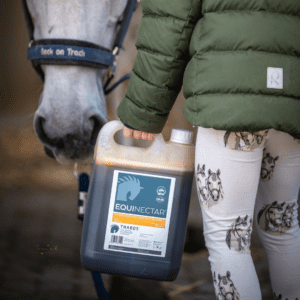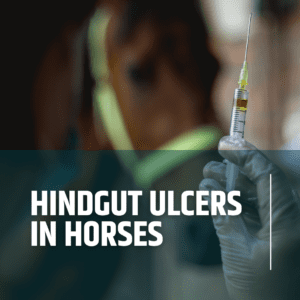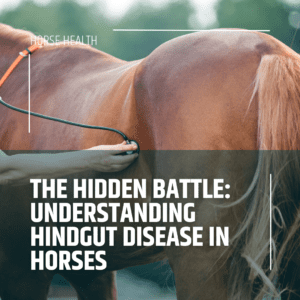
Ben Nedas
Chief Commercial Officer
Vitamin D in Equine Health: A Closer Look
01
Introduction
British equestrian care, with its emphasis on rugging and stabling, occasionally sidelines crucial components of equine health. One such overlooked element is vitamin D, also known as the 'sunshine vitamin'. Whether one participates in competitive show jumping, dressage, or recreational riding, understanding the science behind vitamin D is critical for optimal equine health.
02
The Role of Vitamin D
- Bone Integrity: Vitamin D is essential for the absorption of calcium and phosphorus in the gut. These minerals are vital for building and maintaining strong bones. In its absence, horses may face compromised bone strength and increased risk of fractures.
- Muscle Function: Beyond its role in bone health, emerging research points to vitamin D's significance in muscle function. The vitamin might play a role in preventing muscle weakness, a topic gaining traction in the equine scientific community.
- Immune System Support: Current studies indicate that vitamin D can enhance the immune system, potentially offering protection against certain infections and some auto-immune disorders.
- Gut Health: Vitamin D also plays a role in maintaining gut health. It is involved in preserving the health of the intestinal lining and could potentially influence the balance of the gut microbiome, an essential aspect of digestive health.
03
Sources of Vitamin D
Direct sunlight remains the primary source of vitamin D for horses. The ultraviolet B (UVB) rays from the sun facilitate natural vitamin D production. While some fortified feeds do contain vitamin D, they might not provide enough to meet the horse's complete needs.
04
Balancing Sun and Stable Time
While stabling is common, especially during adverse weather conditions, prolonged confinement can result in reduced exposure to sunlight. This lack of exposure, combined with potential rug use, can lead to vitamin D deficiencies, manifesting in conditions like rickets in young horses and osteomalacia in adults.
05
Risks of Over-supplementation
Though deficiencies are a concern, so is the risk of excessive vitamin D, mainly if sourced from supplements. High levels can lead to calcification in soft tissues and other skeletal issues. A balanced approach, informed by the latest research, is advised.
06
Conclusion
For those involved in equestrian pursuits, it's essential to stay updated on the latest scientific findings, especially concerning the health and well-being of horses. Ensuring horses have adequate sunlight exposure and a balanced diet is foundational. And when in doubt about vitamin D levels or any other health concerns, a consultation with either a vet or an equine nutritionist is the best course of action.
ABOUT EQUINECTAR
Description
EquiNectar® is a natural feed supplement, that is scientifically proven to:
- Re-balance your horse’s gut bacteria
- Help your horse maximise benefits from its feed
- Improve your horse’s condition
More information
EquiNectar® is produced by Tharos Ltd in the UK. It is a natural source of digestive enzymes and contains only the following ingredients:
- Our patented enzyme rich malt extract
- Medium chain triglycerides (from coconut oil)
- Potassium sorbate
For more details of the enzymes within EquiNectar® take a look at the ingredients and enzymes page.
How to feed
Simply add EquiNectar® to your horse's daily feed, using the Feeding Rate chart to determine the correct amount.
For detailed instructions about how to introduce EquiNectar, please read the comprehensive Feeding Guide page.





